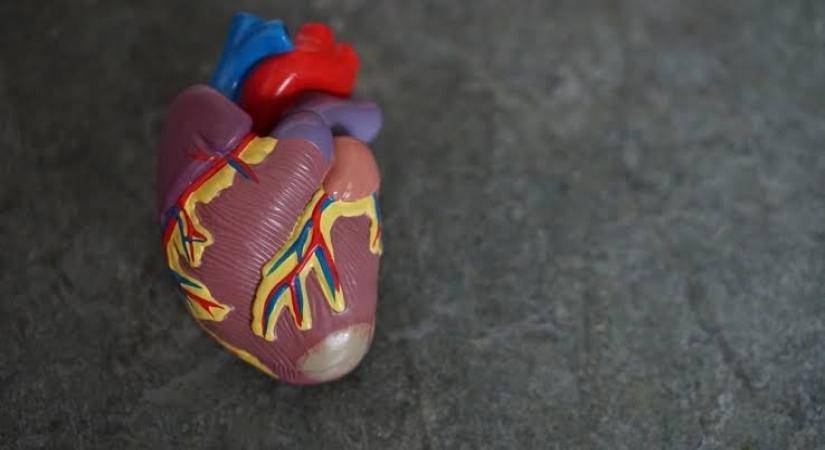
Winter is often pleasing but it can also be bothersome when it comes to your heart. Winter is the time when high-risk people or those with heart issues, may get a heart attack. To top it all, people with heart problems are in the high-risk category and may get sick due to Coronavirus…writes Bipeenchandra Bhamre.
The sudden drop in the temperature causes narrowing of peripheral vessels thus putting extra pressure on your heart. This will result in the low supply of oxygen to the heart because of the increased demand of the heart. As a result, your heart will have to make extra efforts to pump oxygen and blood. Hence, those suffering from heart failure can have symptoms which may also lead to loss of life.
According to a study, there is about a 2 per cent increase in the risk of getting heart attacks for every 1.8-degree Fahrenheit decrease in temperature. In 2015, another study revealed that if you compare the coldest month of the year to the warmest month of the year there is a 31 per cent increase in heart attacks in the coldest months. It is the time when one’s blood vessels may contract and this can shoot up your blood pressure putting you at the risk of a heart attack or even a stroke. Even the ones who are unaware of their pre-existing heart conditions are prone to heart diseases in this season.

If one’s body temperature goes below 95 degrees then they will suffer from hypothermia that can take a toll on the heart muscle. Thus, people who spend maximum time in cold weather, especially sports enthusiasts can suffer from accidental hypothermia. This is the stage when the body loses heat faster than it can produce heat causing a dangerously low body temperature; it can prove fatal. People who are more than 60 years with hypertension, diabetes, high cholesterol, smokers, or tobacco chewers can get chest pain. Another important factor is that emotional stress which will invite a heart attack.
Here’s a plan to keep your heart in top shape during those chilly days.
Stay warm during those colder days: you should exertion in cold weather if you have any existing heart problems. Try to take frequent breaks and stay warm. Wear woollen clothes, caps, and gloves. Or wear layers and even full socks. Keep your house well-heated. Beware of heart attack symptoms like chest pain, nausea, and even drowsiness. Avoid exercising in cold weather. Instead opt for indoor exercises. Do not do any exercises that pressurize your heart.
Monitor your blood pressure on a daily basis: If you are one of them who has a high blood pressure problem, then it is imperative for you to keep an eye on your numbers, as doing so can minimize your risk of a heart attack. Hence, you must take the medications prescribed by the doctor on time.

Restrict alcohol and completely avoid smoking: alcohol may expand the blood vessels in the skin and make you feel warmer by taking out heat from your body’s vital organs. Similarly, smoking leads to atherosclerosis. Not only this, those who smoke can also encounter a heart attack. Smoking reduces the oxygen flow towards the heart, raises your heart rate and blood pressure.
Eat well: Opt for fresh fruit and vegetables, seeds, nuts, legumes, and pulses. Drink a warm soup or eat hot meals. Avoid eating food jam-packed with salt or sugar. Say NO to processed, junk, and oily foods. Cut down on saturated fats and maintain an optimum weight.
Try relaxation techniques like yoga and meditation as it will reduce your stress and help you cool down.









